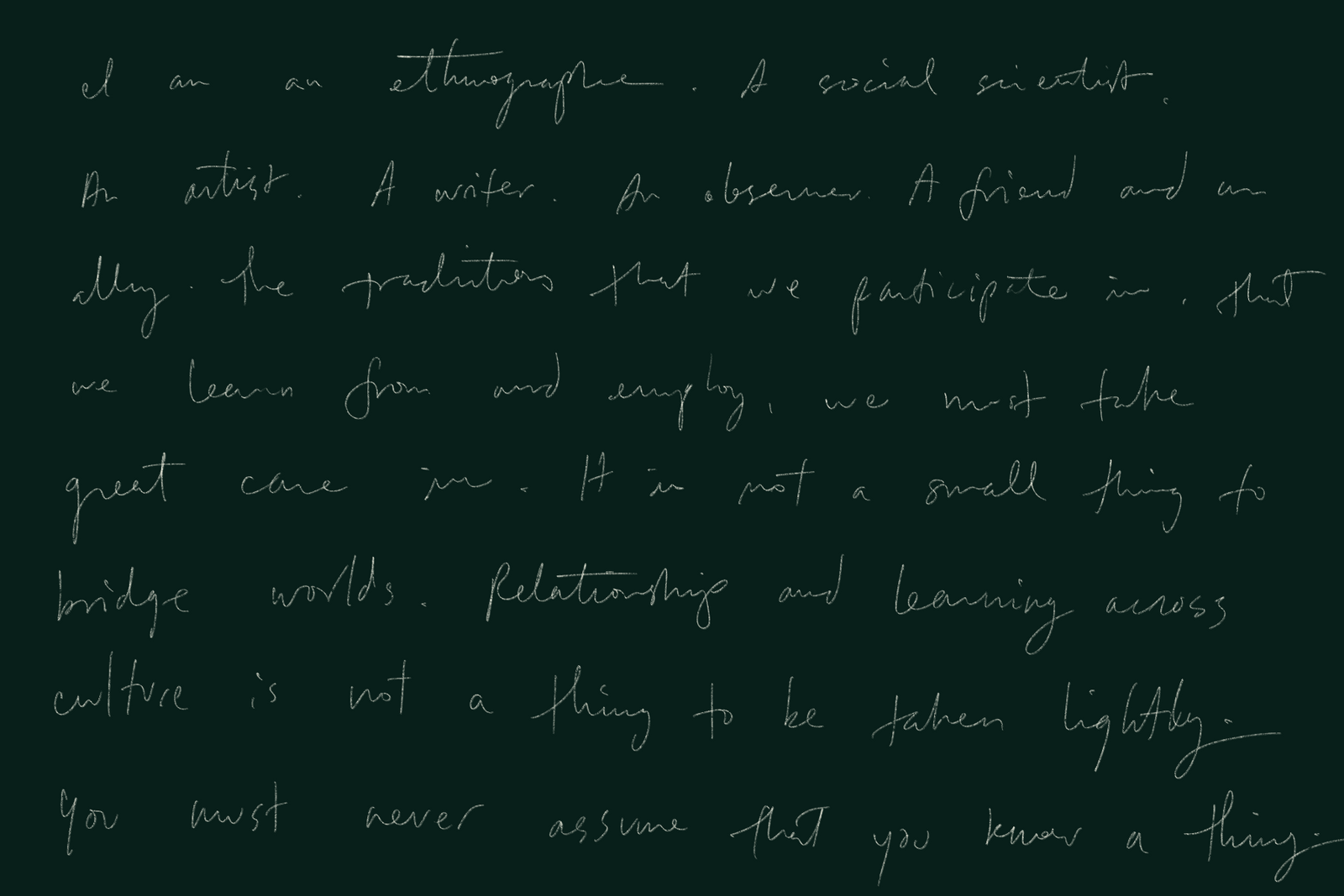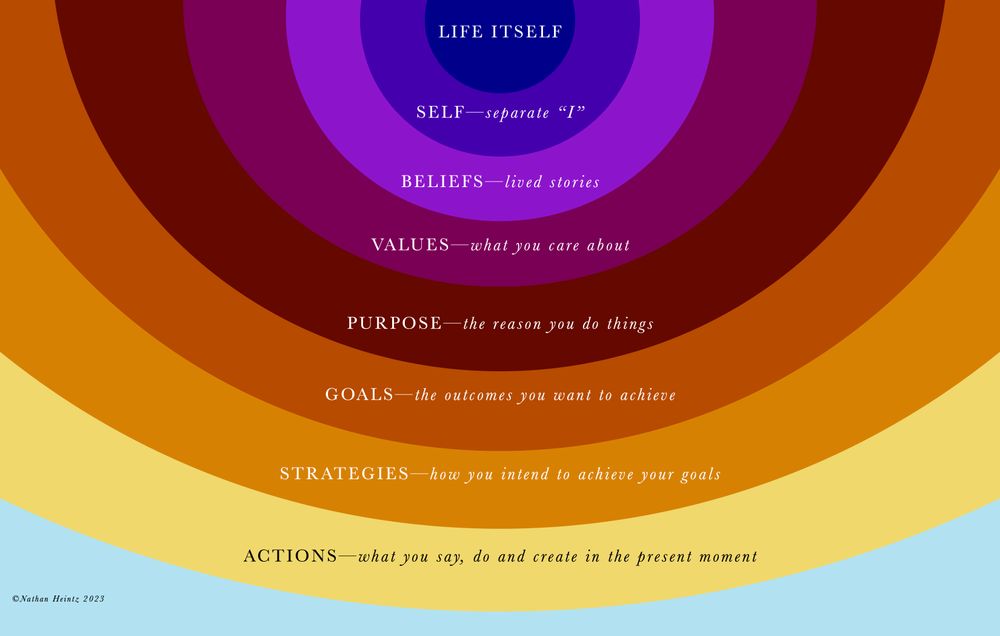By letting go of preconceptions and preferences, and immersing themselves in context, ethnographers become intimate with the people, spaces and cultures that they study.
The power of ethnography is that it ruthlessly rids the research process of bias by allowing the life-world and paradigm of the research subject (rather than the ethnographer) to guide and structure the research itself. The ethnographer is not there to test assumptions and hypotheses, but to enter into someone else's world, and learn to think, see and live as they do.
Another part of the ethnographer's task, however, is to know what to look for, what to focus on, and what questions to ask, without projecting his or her own ideas or perspectives onto the research subject.
By balancing the general and the specific, and by listening deeply, ethnography enables insight into human behavior, meaning, and motivation.
Why ethnography?
The primary skill of the ethnographer is to see what is hidden in plain sight, and to understand the why of human culture, by rigorously and gently applying curiosity to every aspect of human speech and behavior.








